Thanks to movies like "Jaws" and "Open Water," many people believe that sharks will swim great distances to hunt humans. In reality, the chances of being killed by a shark are about one in 4 million, according to the Florida Museum. Despite this, old myths about sharks persist, including the idea that they can smell a single drop of blood from miles away. To put this myth to the test, content creator Mark Rober conducted an experiment with surprising results.
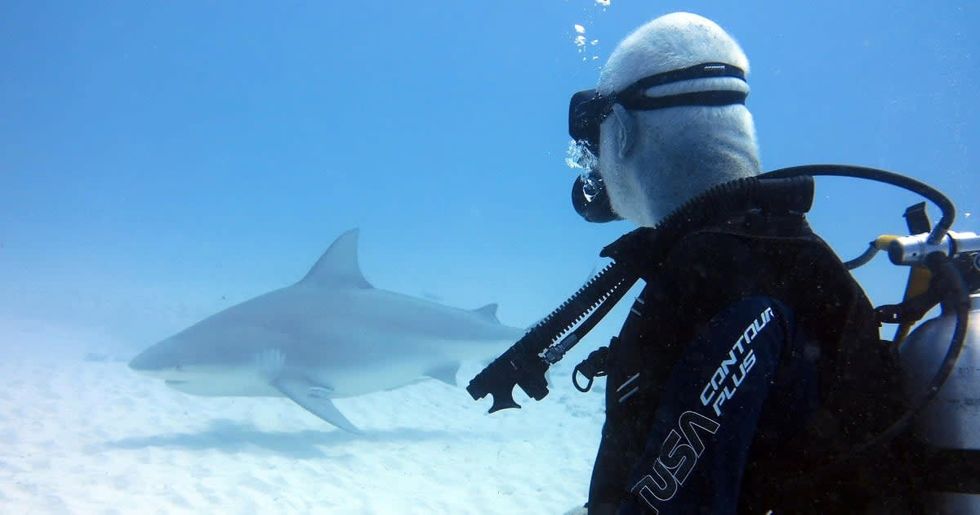
In a YouTube video, 44-year-old Mark Rober begins his experiment by traveling to a shark-infested area 20 miles off the coast of the Bahamas. Joining him is marine biologist and shark diving expert Luke Tipple. Rober explains to viewers, "I planned to test just how far they could smell a single drop of blood in the water, but first, I wanted proof that they actually preferred blood over any other scent."
Rober and Tipple explain their plan to conduct the experiment. In the first phase, they rig four surfboards to pump out two liters of different liquids: fish oil, seawater, cow's blood, and urine. These fluids are released into the ocean over an hour while the team observes shark movements using a drone from their boat.
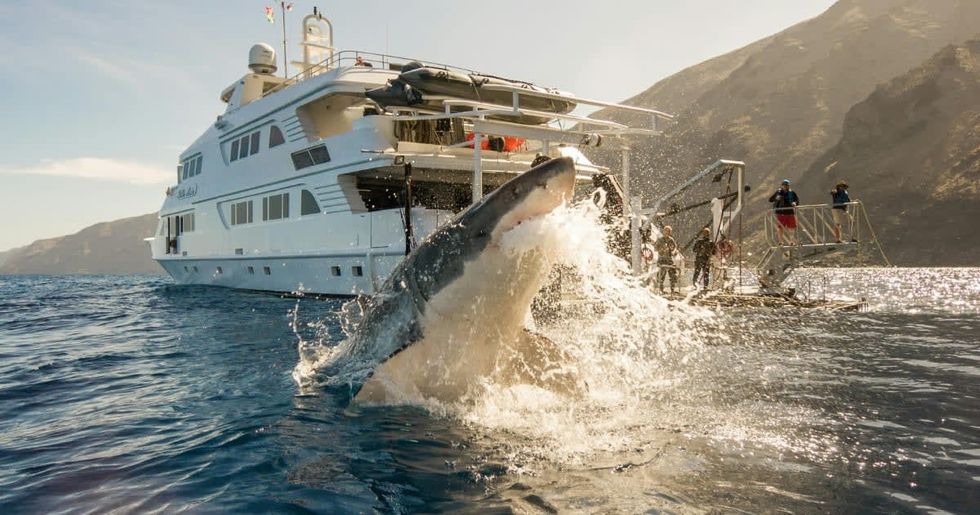
The first ten minutes of the experiment showed no signs of aggressive action from the sharks. Mark commented, "You'd think a little bit of blood and there'd just be a massive swarm, but that's not the case so far." However, by the end, 41 sharks had visited the blood board, compared to only four visiting the fish oil board and none visiting the seawater or urine boards.
Now that they had established that sharks had a stronger preference for blood over other fluids, the team wanted to check "just how much blood is interesting to them." Rober also wanted to move a step ahead and use human blood instead of a cow's for the second phase of the experiment.
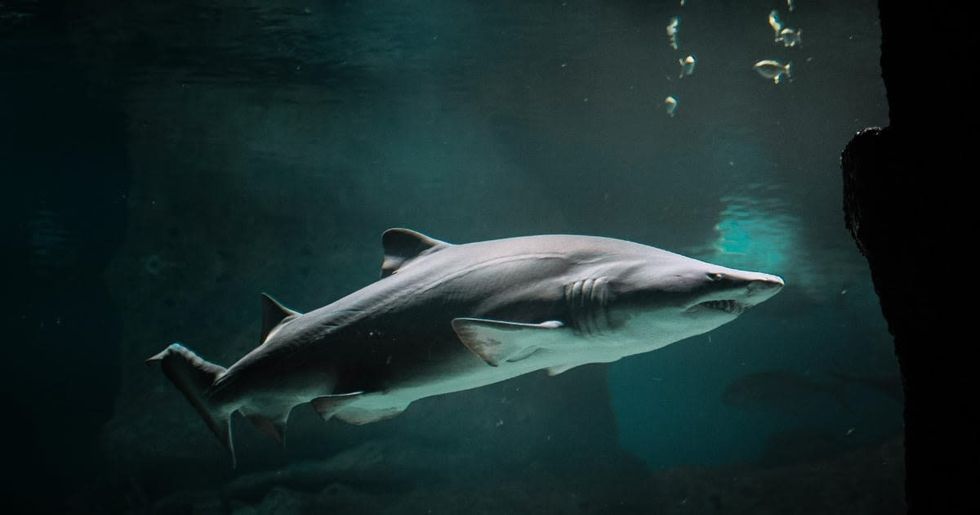
Rober hired a local phlebotomist to extract blood from himself and other members of the crew. In the clip, we see four bulging blood bags attached to two boards in a similar setup as the first experiment, and seawater placed again in the middle of them to act as a control group. Rober explained, "The board on left would pump the human blood slowly at one drop a minute, the right would pump the blood fast, on average one drop every four seconds."
The result was astounding as no sharks visited the boards regardless of the pumping speed of the blood. This outrightly showed that even in shark-infested waters, a drop of blood is unlikely to attract the sea creatures. Rober admitted that his experiment was not perfect by any means but still justified that the results were enough to debunk this old myth. He said, "This was by no means a perfect experiment, but I think it's safe to qualitatively say that if no sharks came to check out 15 drops of human blood a minute, in the middle of shark-infested waters, you're probably going to be OK with a small scrape."


















 Representative Image Source: Pexels | Anni Roenkae
Representative Image Source: Pexels | Anni Roenkae Representative Image Source: Pexels | Its MSVR
Representative Image Source: Pexels | Its MSVR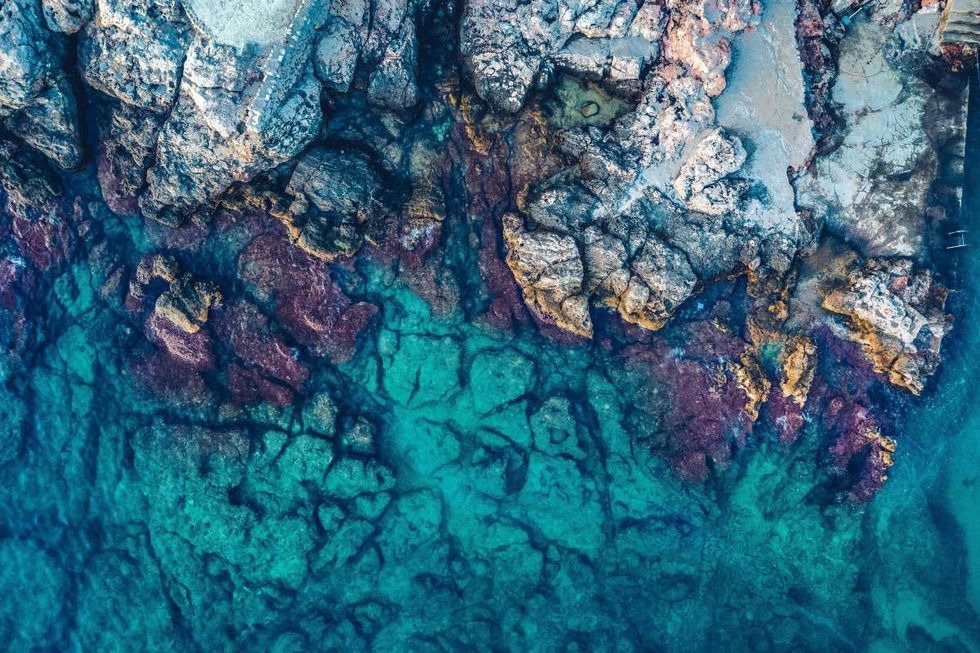 Representative Image Source: Pexels | Lucian Photography
Representative Image Source: Pexels | Lucian Photography

 Representative Image Source: Pexels | francesco ungaro
Representative Image Source: Pexels | francesco ungaro Representative Image Source: Pexels | parfait fongang
Representative Image Source: Pexels | parfait fongang Image Source: YouTube |
Image Source: YouTube |  Image Source: YouTube |
Image Source: YouTube |  Image Source: YouTube |
Image Source: YouTube | 
 Representative Image Source: Pexels | Hugo Sykes
Representative Image Source: Pexels | Hugo Sykes Representative Image Source: Sectional view of the Earth, showing central fire and underground canals linked to oceans, 1665. From Mundus Subterraneous by Athanasius Kircher. (Photo by Oxford Science Archive/Print Collector/Getty Images)
Representative Image Source: Sectional view of the Earth, showing central fire and underground canals linked to oceans, 1665. From Mundus Subterraneous by Athanasius Kircher. (Photo by Oxford Science Archive/Print Collector/Getty Images) Representative Image Source: Pexels | NASA
Representative Image Source: Pexels | NASA




 Representative Image Source: Pexels | Steve Johnson
Representative Image Source: Pexels | Steve Johnson Representative Image Source: Pexels | RDNE Stock Project
Representative Image Source: Pexels | RDNE Stock Project Representative Image Source: Pexels | Mali Maeder
Representative Image Source: Pexels | Mali Maeder
 Photo: Craig Mack
Photo: Craig Mack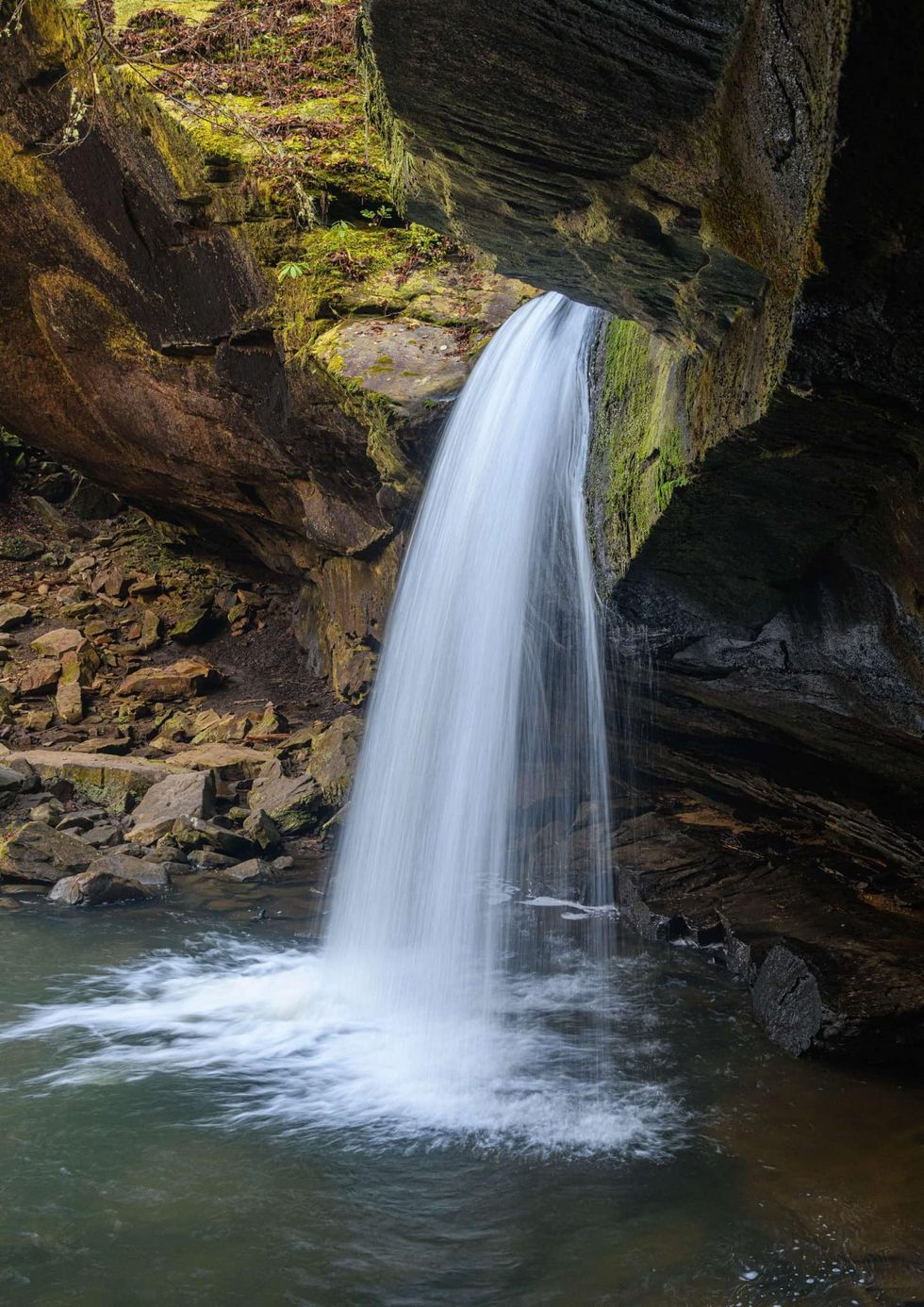 Photo: Craig Mack
Photo: Craig Mack